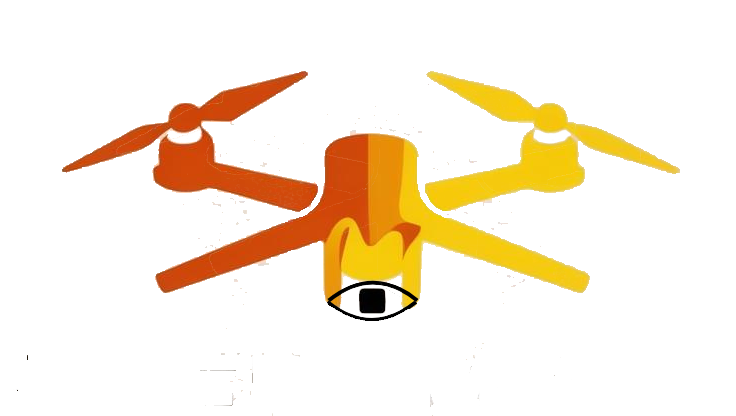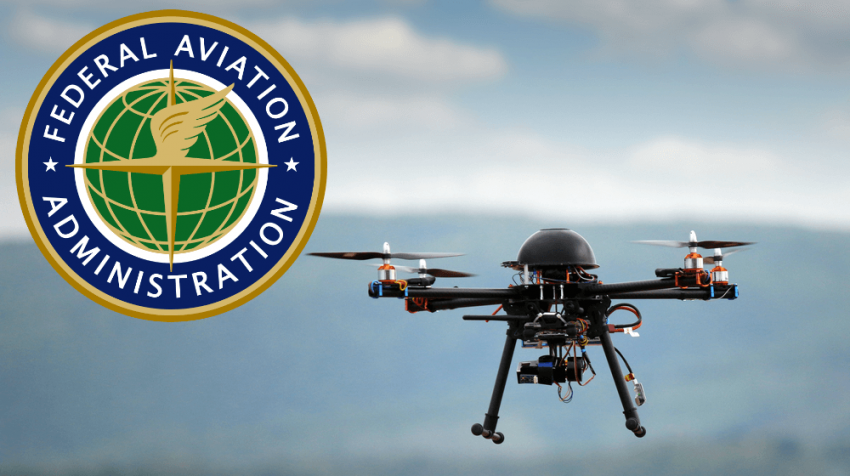As drones grow in popularity for both recreational and commercial use, so do the regulations around them. Many drone pilots—especially beginners—ask the same question: Why are drone laws even necessary? The answer is simple: to keep our skies safe, protect people’s privacy, and ensure drones are used responsibly. This article explains why drone laws are in place and how they benefit everyone.
What Are Drone Laws?
Drone laws are rules and regulations that govern how, when, and where unmanned aircraft systems (UAS) can operate. In the U.S., the Federal Aviation Administration (FAA) creates and enforces these drone laws. Whether you’re flying a drone for fun or under the FAA’s Part 107 commercial license, these rules apply to you.
1. Drone Laws Keep the Skies Safe
The top reason drone laws exist is to maintain air safety. Drones share airspace with planes, helicopters, and emergency aircraft. Without regulations, drones could cause serious accidents.
For instance, flying too close to an airport or helicopter landing zone could cause a dangerous collision. That’s why FAA rules include restricted areas, altitude limits, and no-fly zones.
2. They Protect Privacy
Modern drones often come with high-definition cameras, which means they can capture footage of homes, backyards, or people—sometimes without consent. Drone laws help protect individuals from unwanted surveillance.
If you’re flying a drone, always avoid private property unless you have permission. Respecting privacy is not just good ethics—it’s the law in many places.
3. Drone Laws Limit Damage and Liability
Accidents happen. A drone might crash into someone’s car, house, or even a person. Drone laws hold pilots accountable and help reduce these risks through safety guidelines and insurance requirements.
By obeying these laws, pilots protect others and themselves from legal and financial consequences.
4. They Organize Airspace Use
The FAA divides U.S. airspace into different zones. Some areas are restricted or require authorization, especially near airports and populated cities. Drone laws regulate this airspace to prevent traffic and confusion in the sky.
The FAA’s LAANC system allows commercial pilots to request automated airspace authorization, making legal flying fast and efficient.
5. They Support National Security and Wildlife Protection
Drone laws also exist to safeguard military operations, sensitive infrastructure, and natural environments. Flying over government buildings, power plants, or wildlife refuges is often restricted or prohibited.
This ensures drones don’t interfere with military activity, endanger protected species, or invade confidential areas.
Why Every Pilot Should Follow Drone Laws
Abiding by drone laws isn’t just about avoiding penalties—it’s about being a responsible pilot. Following the rules builds public trust and strengthens the drone community.
Whether you’re shooting real estate footage, inspecting structures, or just flying for fun, drone laws help ensure you’re doing it legally and safely.
Final Thoughts on Drone Laws
Drone laws are designed to make the skies safer, more organized, and more respectful of privacy and property. As drones become more popular, these laws will continue to evolve—and staying informed is part of being a great pilot.
If you’re serious about flying, understanding drone laws is a must. It’s the foundation of legal, ethical, and professional drone operation.


Leave a Reply